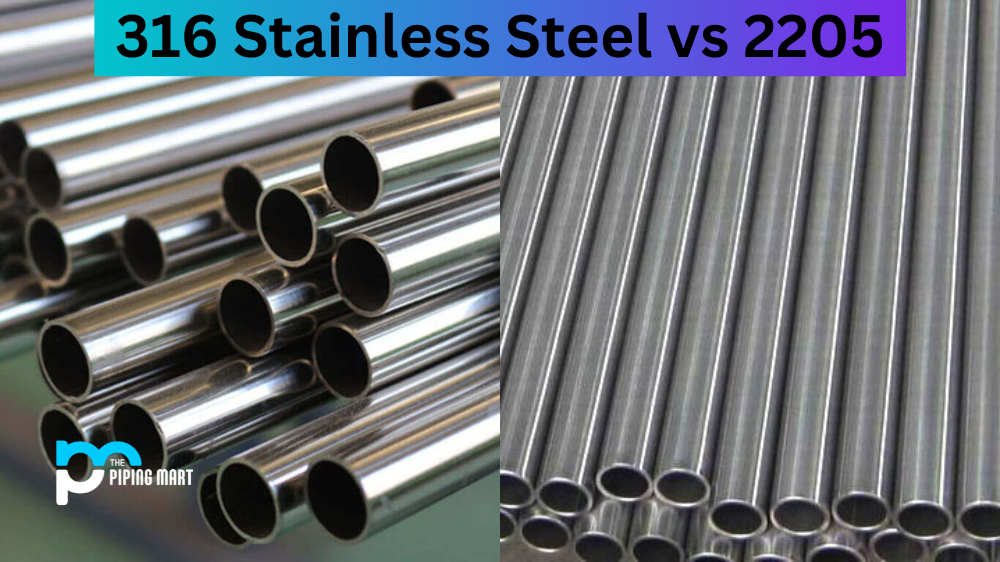When choosing the best material for your electronics, silicon and aluminium are two of the most popular and widely-used options. Both materials have distinct advantages and disadvantages, and choosing between them can be tough. That’s why we’re here to help you make an informed decision that suits your needs and requirements.
In this blog post, we’ll explore the differences between silicon and aluminium, their use in electronics, and which material would best fit your needs. So, let’s dive in and learn more about the battle of the best!
What is Silicon?
Silicon is the most commonly-known semiconductor material in the world of electronics. It has a unique ability to conduct electricity is widely used to build many components such as transistors, diodes, microprocessors, and more. Silicon is also durable, heat-resistant, and highly reliable. However, silicon is only one of the most efficient materials for power consumption and can generate much heat.
What is Aluminium?
On the other hand, aluminium is a far better conductor of electricity than silicon, making it faster and more efficient when it comes to power consumption. It also doesn’t generate as much heat as silicon, making it a better choice for high-power electronics. Aluminium is also very lightweight, which makes it a popular material for components that need to be portable, such as laptops, tablets, and smartphones.
Difference Between Silicon and Aluminum
But everything comes with its downsides. Aluminium is less durable, reliable, and heat-resistant than silicon, which could lead to issues with overheating, malfunctioning, and reduced lifespan of electronic components. It’s also more prone to corrosion, depending on the environment it’s used in.
While both materials have pros and cons, it’s important to consider the specific requirements of your project before making a decision. Silicon is the better choice for low-power electronics requiring reliability and stability. Aluminium makes more sense for high-power electronics requiring faster processing and lower power consumption. It’s also worth noting that many electronic components are made using a combination of both materials, which allows for the best of both worlds.
Composition
The primary difference between silicon and aluminum is their composition. Silicon is a metalloid, meaning it has properties of both metals and non-metals, while aluminum is a pure metal. This difference in composition gives silicon and aluminum different properties that make them suitable for different applications.
Conductivity
Silicon has lower thermal and electrical conductivity than aluminum. This means that silicon is not as good as aluminum at conducting heat and electricity. However, silicon’s lower conductivity also makes it a better insulator than aluminum.
Strength
Aluminum is much stronger than silicon. This difference in strength is due to the fact that aluminum atoms are held together by ionic bonds, while silicon atoms are held together by covalent bonds. Ionic bonds are stronger than covalent bonds, so aluminum is able to withstand more force than silicon.
Uses
Because of their different properties, silicon and aluminum have different uses. Silicon is used in semiconductor applications because of its ability to control the flow of electricity. Aluminum is used in construction because of its strength and resistance to corrosion.
Conclusion
Choosing between silicon and aluminium is tough, and there’s no right or wrong answer. Silicon is an excellent choice for low-power electronics that require reliability and stability. At the same time, aluminium is a great option for high-power electronics that require faster processing and lower power consumption. It all comes down to your project’s specific needs and requirements and what material would work best for you. So, do your research, consult with experts in the field, and make an informed decision that will help you achieve optimal results.

Meet Bhavesh, a seasoned blogger with a wealth of knowledge and experience. From metal products manufacturing to retail, Bhavesh has a diverse background in various industries and is dedicated to sharing his insights and expertise with readers.



